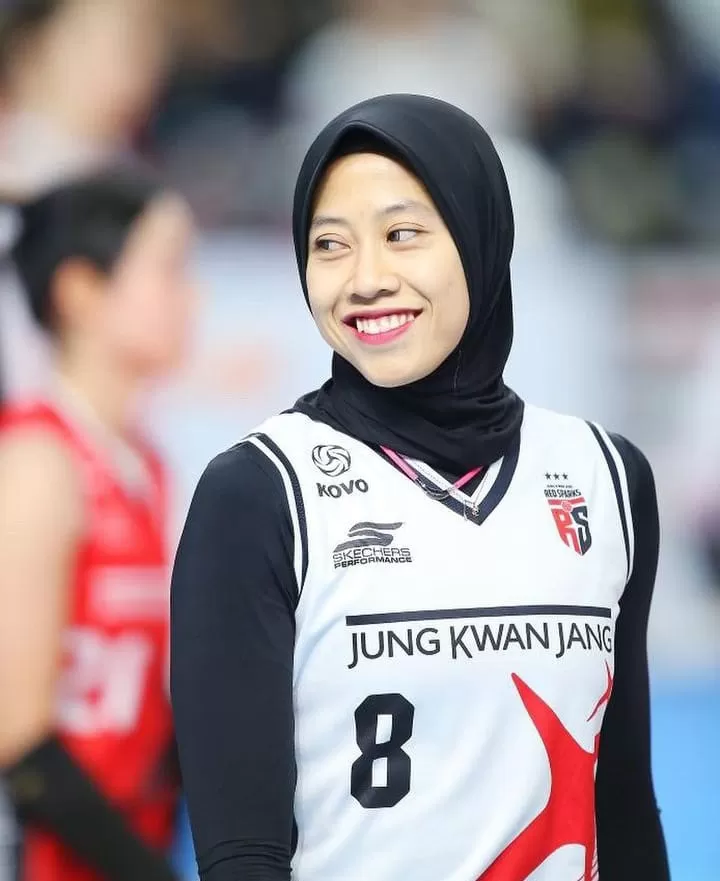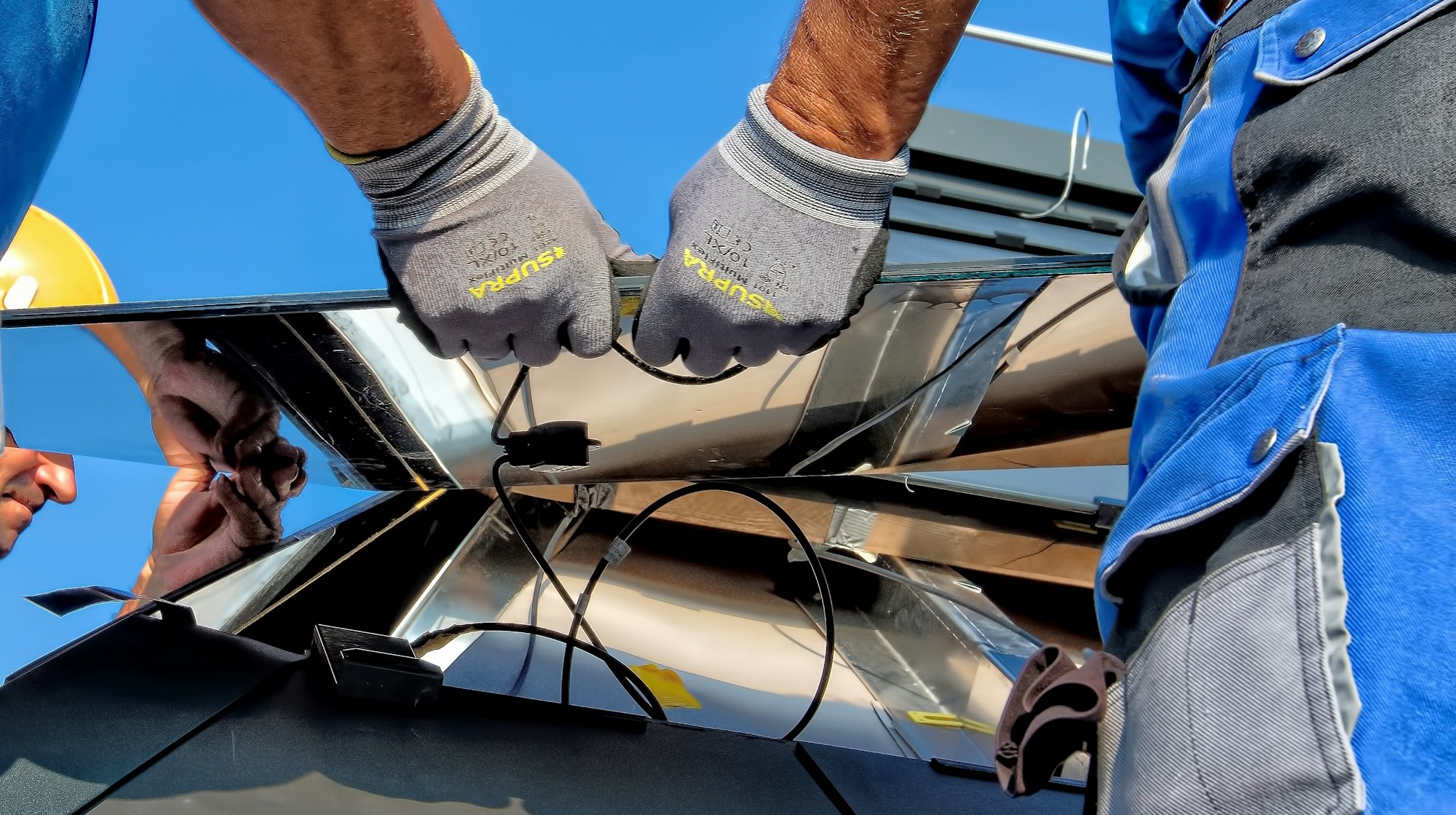KOVO’s Systemic Snub: How Megawati’s Exclusion And Potential Institutional Favouritism and Xenophobia in South Korea’s V-League
The league’s treatment of foreign stars like Megawati underscores a culture of opacity and hypocrisy, even as it exploits their commercial value.

Megawati Hangestri Pertiwi, the Indonesian volleyball phenom who revitalized the Daejeon Jung Kwan Jang Red Sparks, has become the face of a simmering controversy in South Korea’s V-League. Despite ranking as the league’s third-highest scorer (802 points) and catalyzing her team’s historic playoff run, KOVO (Korean Volleyball Federation) omitted her from the 2024-2025 Best 7 lineup—a decision critics argue reflects institutional favoritism toward local players and systemic exclusion of foreign talent .
This incident is not an isolated misstep but a symptom of deeper structural issues plaguing Korean volleyball—a blend of nationalism, opaque governance, and commercial exploitation of international athletes.
Institutional Favoritism: A System Stacked Against Foreign Stars
KOVO’s award selection criteria have long been criticized for their ambiguity, but Megawati’s case highlights a clear pattern: foreign players, even top performers, are routinely sidelined in favor of Korean athletes. For instance:
- Megawati outperformed Best 7 picks like Yeum Hye-seon in attack success rate (48%) and playoff contributions .
- Her Serbian teammate Vanja Bukilic’s inclusion in the Best 7 was framed as an exception, not a rule. Historically, foreign players are celebrated as "mercenaries" for boosting teams but denied individual accolades unless their dominance is irrefutable .
This bias extends beyond awards. The V-League’s Free Agent system prioritizes Korean players, with salary tiers (e.g., Level A vs. Level C) and limited overseas opportunities reinforcing a hierarchy that privileges locals. Middle blocker Lee Dahyun, despite being the league’s top blocker, faced skepticism about her prospects abroad due to "limited foreigner slots" and perceived inferiority to foreign counterparts .
Xenophobic Undertones: Exclusion Masked as Pragmatism
While overt racism is not evident, KOVO’s policies reveal xenophobic gatekeeping. Foreign players are essential to the league’s competitiveness—Megawati’s arrival boosted the Red Sparks’ Instagram followers by 1,950% and drew international viewership —yet they’re treated as disposable assets.
The V-League’s Asia Quota system, expanded in 2024 to include 65 Asian countries, paradoxically highlights this duality. While designed to "develop Korean volleyball" through regional talent, it segregates foreign players into a separate recruitment category, framing them as supplementary rather than integral . This "othering" mirrors broader societal tensions in South Korea, where globalization is embraced economically but resisted culturally.
Structural Lack of Accountability: A Federation in the Shadows
KOVO’s refusal to clarify Megawati’s snub exemplifies its culture of non-transparency. The federation has:
- Ignored fan petitions demanding justification for award selections .
- Operated with vague criteria, as seen in the 2025 foreign player tryouts, where officials admitted "the players’ base didn’t seem better than last year" but provided no metrics for evaluation .
This opacity mirrors governance failures in global sports bodies like FIFA, where lax accountability fuels inequities . Without external audits or athlete representation in decision-making, KOVO’s biases remain unchecked.
Commercial Hypocrisy: Exploitation Without Recognition
The league’s reliance on foreign stars for revenue growth clashes starkly with its refusal to honor their contributions. Megawati’s social media impact earned the Red Sparks a YouTube Silver Play Button, and her matches drove ticket sales, yet KOVO reduced her to a marketing tool . Similarly, Thai player Wipawee Srithong was hastily signed as Megawati’s replacement, signaling a cycle of transactional recruitment—foreigners are valued for profit, not legacy .
This hypocrisy is compounded by the national team’s struggles. Despite heavy reliance on foreign-trained strategies, Korea’s women’s team hit historic lows in 2024, losing all 12 Volleyball Nations League matches . The V-League’s insularity undermines its own goal of international relevance.
Conclusion: A Call for Equitable Reform
Megawati’s exclusion is a microcosm of systemic inequities in Korean sports. To evolve, KOVO must:
- Adopt transparent award criteria with independent oversight.
- Integrate foreign players into leadership and branding initiatives.
- Align commercial practices with recognition, ensuring stars like Megawati are celebrated, not exploited.
As the V-League expands its Asia Quota, it faces a choice: cling to parochial favoritism or embrace meritocracy. The world—and Megawati’s 410,000 Instagram followers—are watching.


